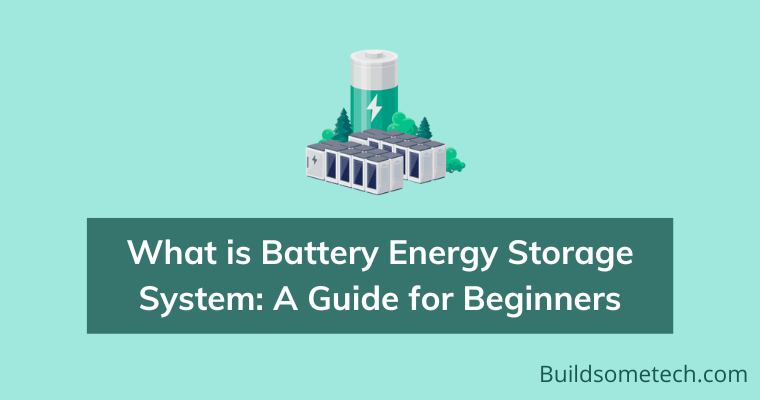Battery energy storage systems, or BESS, have been making waves in the energy industry, providing new ways to store and distribute energy. BESS uses batteries to store energy in electricity as an energy storage system. It is commonly used in electricity grids and various applications like smart homes, electric vehicles, and solar power installations.
One of the critical benefits you’d enjoy by adopting battery storage systems is the ability to charge them using electricity generated from renewable energy, like wind and solar power. This promotes clean, efficient energy use and ensures a more reliable power supply, even during peak demand. In addition, cutting-edge battery software uses intelligent algorithms and computerized control systems to coordinate energy production and determine the optimal times to store or release energy to the grid.
Implementing a battery energy storage system can promote sustainable energy use and reduce your dependency on non-renewable resources, making it a valuable addition to your energy infrastructure. When considering this innovative technology, research all available options and assess their compatibility with your specific needs and objectives.
Table of Contents
Components and Working
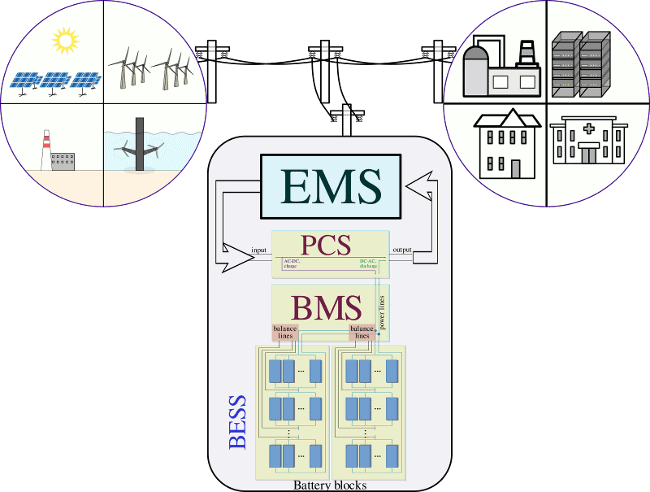
Charging and Discharging
Battery Energy Storage Systems (BESS) utilize batteries to store and distribute energy as electricity. Lithium-ion and flow batteries are the most common types of batteries used. When you charge a battery, electrical energy is converted and stored as chemical energy within the electrolyte and the two terminals (anode and cathode). During discharging, the stored chemical energy is converted back into electrical power and supplied to the connected load or grid.
Control and Management Systems
To ensure your BESS’s safe and efficient operation, it includes a battery management system (BMS) and control systems. The BMS monitors vital parameters such as state of charge (SOC), power, energy, and temperature, and it protects your batteries from overcharging, over-discharging, and overheating. The control systems coordinate the energy production and use intelligent algorithms to decide when to store energy or release it to the grid. For instance, a control system could prioritize charging from renewable energy sources such as solar and wind power.
Maintaining your batteries properly is crucial to ensure they last longer and perform optimally. Some rechargeable batteries require periodic topping off the electrolyte, while others may need minimal maintenance due to their sealed design 5. Always follow the manufacturer’s guidelines for maintaining your specific battery type.
By understanding the components and working of a battery energy storage system, you can ensure your energy storage solution’s efficient and reliable operation.
Benefits and Advantages
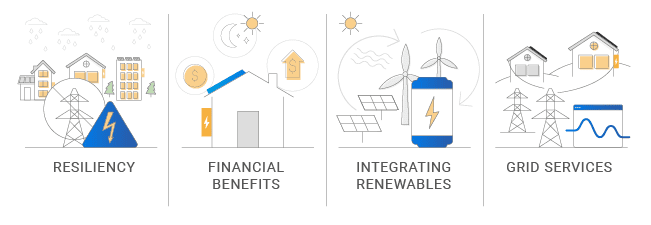
Image Source: energysage.com
One of the main benefits of battery energy storage systems (BESS) is their efficiency. These systems can quickly store and release energy, resulting in more efficient use of generated power. This allows you, as the user, to maximize your energy investment and reduce your overall energy consumption. Along with efficiency, battery storage systems offer reliability. You can count on these systems to provide a steady power source during outages or periods of high demand.
Moreover, flexibility is another critical advantage of battery energy storage systems. This means they can adapt to various energy needs and requirements, allowing you to customize your energy solution according to your preferences. Integrating BESS with renewable generation sources like solar panels or wind turbines can create a more resilient and environmentally friendly power supply.
Regarding economic benefits, battery energy storage systems can lower costs associated with energy usage. Peak shaving, which involves using stored energy during periods of high demand, can help reduce your reliance on the grid and potentially save on electricity bills. Additionally, for businesses requiring an uninterruptible power supply (UPS), battery storage can be a cost-effective backup power solution.
Another notable advantage is the energy density of battery energy storage systems. BESS can provide a practical and compact solution for your energy needs because batteries have the ability to store large amounts of energy in a relatively small space. This trait is handy when designing and implementing microgrids in areas with limited space or remote locations.
By integrating battery energy storage systems with renewable generation sources, you contribute to the energy sector’s greening and help reduce carbon emissions. This powerful combination also supports grid stability by mitigating fluctuations in energy supply caused by unpredictable renewable sources like solar and wind.
Lastly, battery storage systems offer predictability in managing your energy usage. In volatile electricity prices, you can store excess energy during low-cost periods and use it during peak hours. This cost-effective strategy helps you manage your energy expenses and improve your overall energy experience.
So, with numerous benefits like efficiency, reliability, flexibility, and more, battery energy storage systems can be an invaluable addition to your renewable energy setup, enhancing the experience and making it more environmentally friendly and economically viable.
Types of Battery Energy Storage Systems
Battery Energy Storage Systems (BESS) are essential in managing power supply and ensuring grid stability. They store energy in the form of electricity and release it when needed. As you dive into the world of energy storage, you’ll come across different types of batteries suitable for various applications. Let’s explore some common examples in a friendly and informative manner.
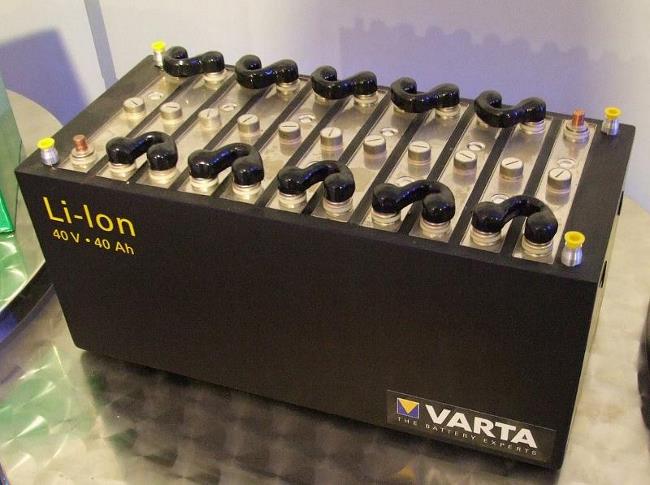
Lithium-ion batteries are the most commonly used type in BESS, accounting for 90% of the global grid battery storage market. You may already be familiar with this type of battery, as it is frequently used in cell phones and laptops. Lithium-ion batteries are a great fit for energy storage systems because of their long cycle life, high energy density, and low self-discharge.
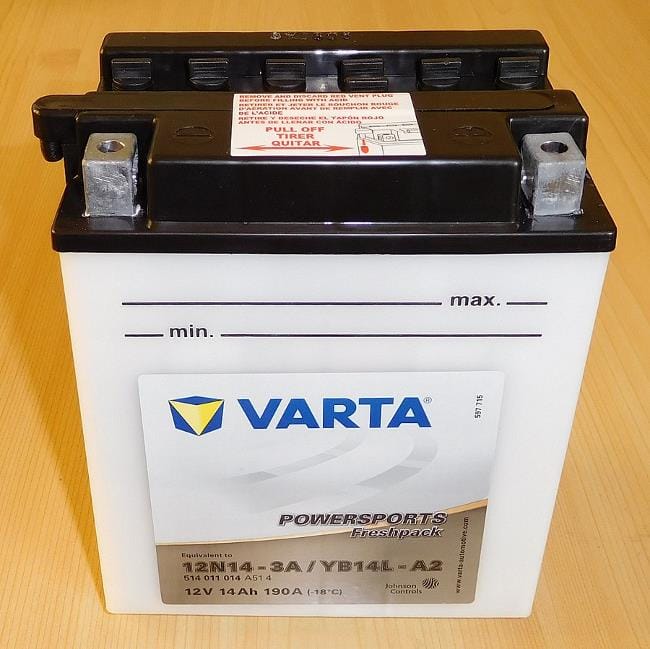
Lead-acid batteries have existed for a long time and can still be found in some BESS. While they are relatively inexpensive and reliable, their energy density is lower and their lifespan is shorter compared to lithium-ion batteries. Lead-acid batteries, such as uninterruptible power supply (UPS) systems, are often used in backup power applications.
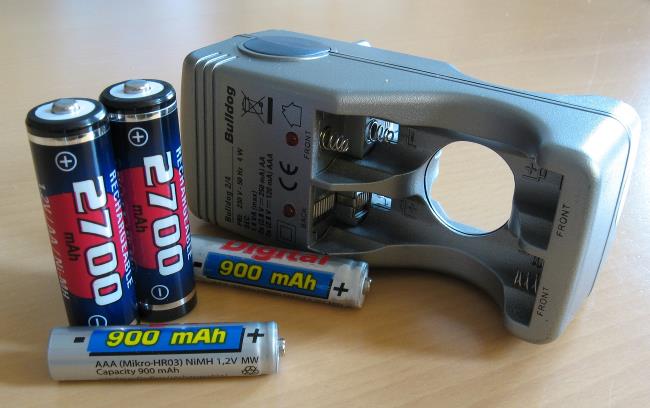
Nickel-based batteries, such as Nickel-Cadmium (NiCd) and Nickel-Metal Hydride (NiMH), can also be used in energy storage systems. They have a longer lifespan than lead-acid batteries, but their energy density is less than lithium-ion batteries. Nickel-based batteries are more suitable for applications with a high discharge rate.
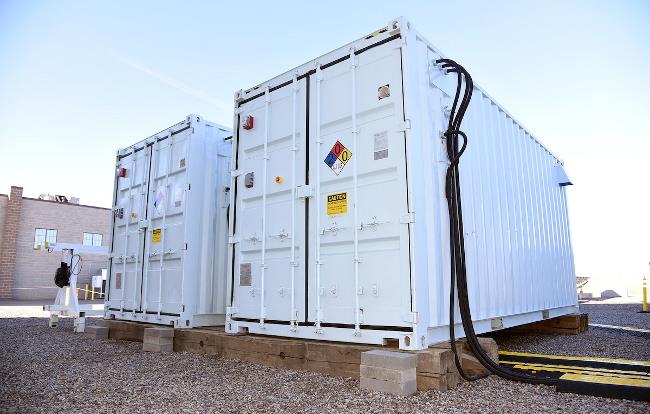
Flow batteries are another type of battery energy storage system worth mentioning, mainly because they’re uniquely suited for large-scale energy storage. In a flow battery, energy is stored in liquid electrolytes that flow through the system. Flow batteries offer long cycle life and quick response times, making them great for grid applications.
As you can see, multiple options are available for battery energy storage systems. Choosing the best one for your needs will depend on application requirements, budget, and desired performance characteristics. Familiarizing yourself with these types of batteries can help you make informed decisions about energy storage solutions.
Applications and Uses
Electric Vehicles and Mobile Phones

Battery energy storage systems (BESS) have significantly impacted the world of electric vehicles (EVs) and mobile phones. With the growing concern for reducing emissions, EVs have gained popularity as a more sustainable option for transportation. The battery technology in these vehicles allows you to charge your car at home or other charging stations, reducing dependency on fossil fuels. BESS also plays a crucial role in making your mobile phone portable and easy to use by providing adequate energy for daily tasks and communication.
Microgrids and Smart Homes

Battery energy storage systems are critical in microgrids and intelligent homes. A microgrid is a localized power system that can operate independently of the larger electric grid. By incorporating BESS, you can store excess energy produced by renewable sources like solar panels or wind turbines, which can be utilized during periods of high demand or when renewable sources are not generating enough power.
In smart homes, BESS ensures a seamless power supply, allowing your appliances and devices to operate efficiently and without disruption.
Power Quality and Reliability
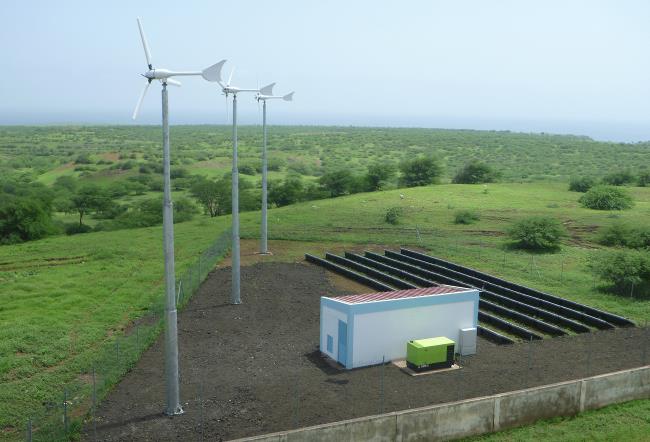
Battery energy storage systems also improve power quality and reliability in the electric grid. They can quickly respond to fluctuations in electricity demand, helping to maintain stable voltage and frequency levels. This ability reduces the risk of power outages, ensuring uninterrupted power supply (UPS) for critical loads.
Moreover, electricity distribution networks occasionally face challenges like congestion, overloads, and weather-induced outages. Implementing BESS within the grid infrastructure can minimize these issues by providing backup power and enhancing system flexibility.
Overall, battery energy storage systems are essential to modern energy solutions. By incorporating them into various applications like electric vehicles, smart homes, and grid management, you can enjoy the benefits of improved efficiency, sustainability, and reliability.
Concerns and Challenges
When considering battery energy storage systems (BESS), you might wonder about the concerns and challenges surrounding these systems. While they offer many advantages, being informed about potential issues is essential.
Cost is one of the main concerns regarding battery energy storage systems. While prices have dropped significantly recently, investing in such a system can still be expensive. However, these initial costs may be weighed against the potential savings on your energy bills over time, as BESS can help balance electricity generation and consumption.
Another challenge is response time. While some battery storage systems have fast response times, others might be slower to react to fluctuations in electricity demand or generation. This can impact their effectiveness in balancing the grid or supporting renewable energy sources.
Transitioning from fossil fuels to more environmentally friendly energy sources is challenging. Battery energy storage systems can help support this transition by storing excess energy from renewable sources like solar and wind. However, it’s essential to recognize that BESS alone might not address all the environmental problems associated with conventional power generation.
Regarding electricity generation, BESS is not an energy source but a storage and management solution. As a result, it needs to be appropriately integrated with various age types, including renewables and conventional power plants. This integration can pose distribution, transmission, and grid stability challenges.
Speaking of the environment, it’s essential to consider the materials used in producing BESS. Though these systems are generally more environmentally friendly than fossil fuels, some components, like the liquid electrolyte in certain battery types, might raise environmental concerns. Research and development efforts continuously focus on finding new and sustainable battery materials.
Lastly, integrating BESS into the distribution and transmission system poses challenges related to grid infrastructure and regulations. Upgrading the grid to accommodate battery storage systems might require significant investments, and adapting to new policies and regulations can be complicated.
While battery energy storage systems present several concerns and challenges, being aware of these will help you make informed decisions as technology evolves and improves. Keep these points in mind as you explore the potential of BESS for your energy needs.
